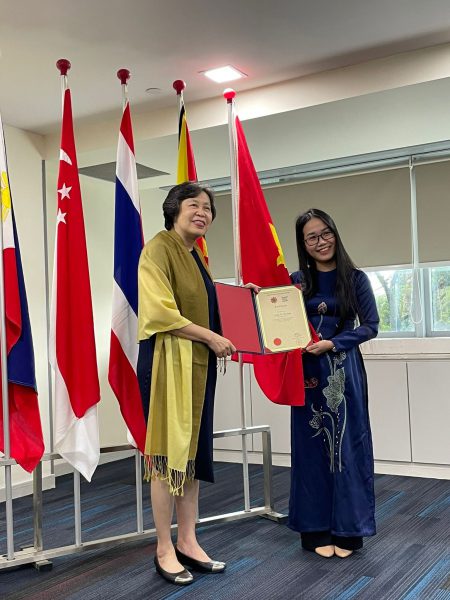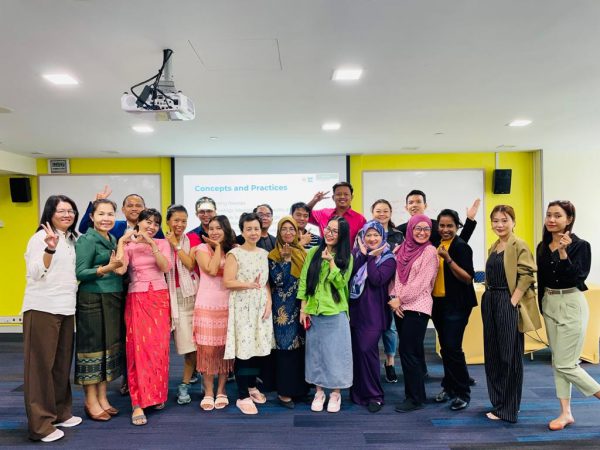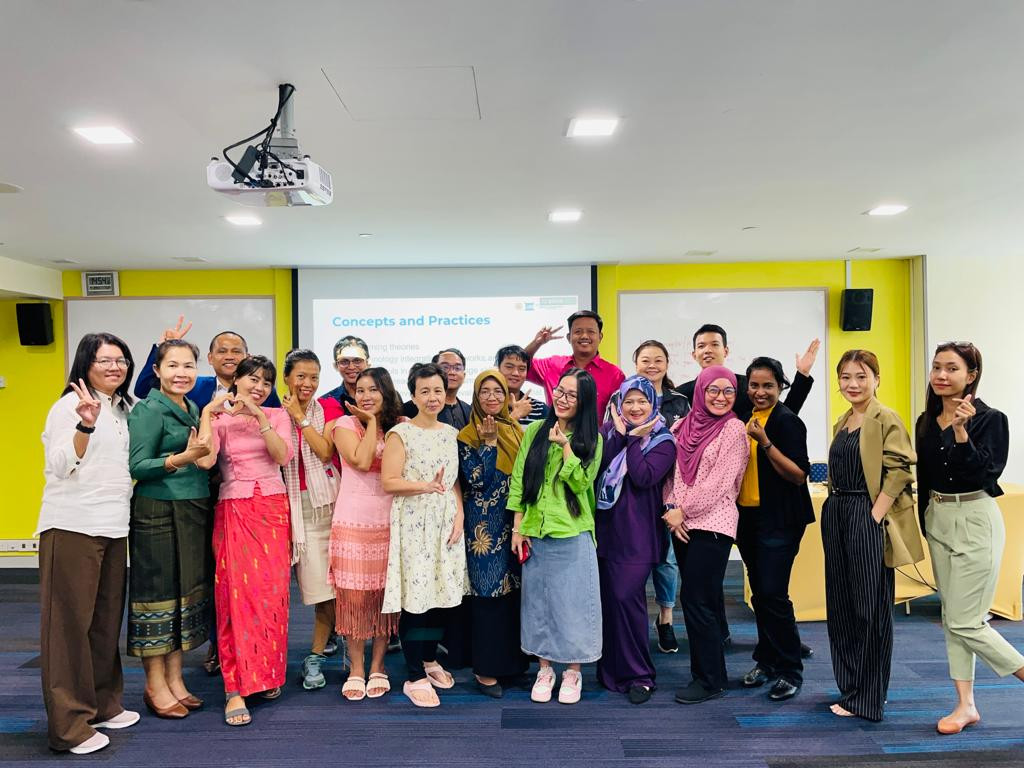I recently returned from a life-changing experience funded by RELC (Southeast Asian Ministers of Education Organization Regional Language Centre) in Singapore, an educational hub vibrating with innovation, where I delved headfirst into the complex area of Technology in Language Teaching. This intensive training went well beyond what I expected from a short course; its goal was to produce experts in the integration of technology and language teaching.
World-Class Lecturers: Illuminating the Pathways
Quality teaching is the bedrock of every transformative learning experience, and RELC has spared no effort in selecting a faculty of renowned professionals. The lectures were more than just talks; they were explorations into the minds of pioneers whose innovations have changed the face of language education worldwide.
Dr. Joel C. Meniado, a luminary in the field, captivated us with his insights into cognitive theories underpinning language acquisition. His ability to bridge theoretical constructs with practical applications ignited a spark that fueled our exploration into innovative teaching methodologies.
Nurturing Pedagogical Frontiers: A Journey into Technology-Enhanced Language Teaching at RELC Singapore.

Awarding the graduation certificate.
Course Delivery: An Orchestration of Pedagogy and Technology
The brilliance of the course extended beyond the expertise of the lecturer to the seamless integration of pedagogy and technology in course delivery. The curriculum was a meticulously crafted symphony, orchestrating teaching methodologies with cutting-edge technological tools.
Our journey began with language learning theories which help teachers design effective language instruction and create an environment conducive to language acquisition, then comes an exploration of Learning Management Systems (LMS) such as MS Teams or Canvas, the platforms that have become the backbone of modern education. Hands-on workshops equipped us with the skills to navigate these systems, transforming us into architects of virtual learning environments.
The incorporation of Artificial Intelligence (AI) in language teaching was a revelation. Dr. Joel’s session on the adaptive learning algorithms used in language tools like WriteandImprove, SpeakandImprove or curation tools like Wakelet was eye-opening. The prospect of tailoring language lessons to individual learner needs through AI-driven platforms sparked conversations that lingered well beyond the classroom.
As we delved into the world of podcasting, video creation, and digital storytelling, the course embraced the philosophy that effective language teaching involves not just the spoken or written word but the immersive experience of language. Our tools expanded beyond textbooks to include podcasting platforms, video editing software, and collaborative apps.

Graduation Ceremony.
International Networking: Bridging Borders, Breaking Boundaries
One of the most enriching aspects of the course was the diverse cohort of educators hailing from across the ASEAN regions. RELC’s commitment to fostering international collaboration facilitated a vibrant exchange of ideas, methodologies, and cultural perspectives.
Pair work and groupwork became a melting pot of pedagogical practices, where educators from 10 countries collaborated to create innovative language lessons. This global perspective enriched our understanding of the multifaceted nature of language education, transcending linguistic and cultural barriers.
Grow Mindsets: Cultivating a Culture of Innovation
Beyond the acquisition of knowledge and skills, the course at RELC nurtured a mindset—an ethos that champions innovation and adaptability in language teaching. The Grow Mindsets initiative embedded in the course was not just a tagline; it was a call to action.
We were encouraged to embrace failure as a steppingstone to success, a philosophy that resonated in the dynamic field of technology-enhanced language teaching. The emphasis on continuous professional development, through webinars and collaborative projects, instilled a sense of responsibility to stay abreast of the rapidly evolving technological landscape.
The collaborative nature of the course itself, where educators with diverse backgrounds and experiences came together, fostered a culture of shared learning. The collaborative spirit extended to the post-course phase, as alumni networks and online forums served as platforms for ongoing collaboration and support.

Friday Week 1.
Conclusion: A Tapestry of Learning
In conclusion, the RELC-sponsored short course entitled C423 Specialist Certificate in Tech-Enhanced Language Teaching has been a transformative journey, weaving together the threads of world-class instruction, innovative course delivery, international networking, and a growth mindset. As I reflect on the experience, I am not just equipped with the tools to integrate technology into language education; I am part of a global community of educators committed to shaping the future of language teaching.
The RELC course has not only expanded my pedagogical toolkit but has also ignited a passion for pushing the boundaries of conventional teaching practices. In a world where technology is evolving at an unprecedented pace, the ability to harness its power for effective language education is not just a skill; it’s a responsibility. As I step into the future, I carry with me the invaluable lessons and connections forged in the classrooms of RELC, confident that I am now a specialist in technology-enhanced language teaching who continues to learn, unlearn and relearn in my professional development.
Duong Huyen
Faculty of Applied Linguistics
